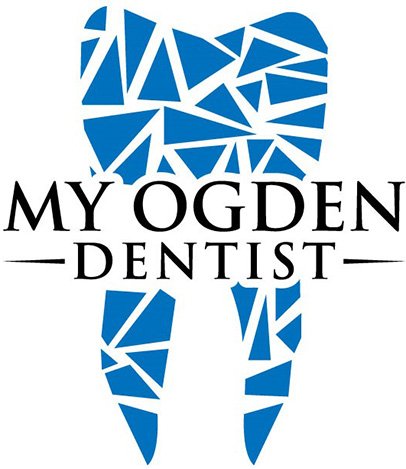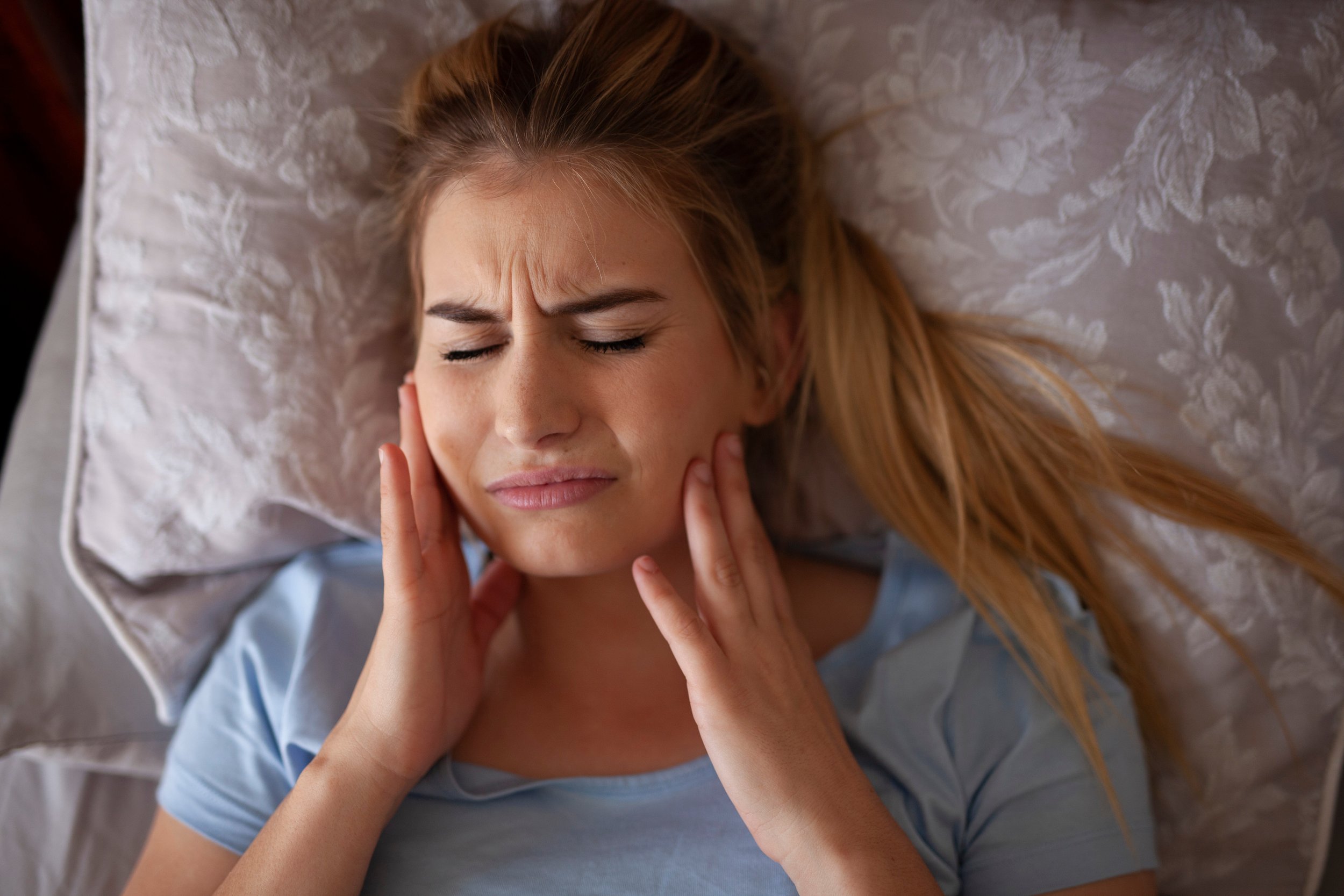What are the symptoms of Bruxism?
Bruxism is as common as it is frustrating. It is nearly impossible to prevent without treatment, as it is a subconscious habit.
Thankfully, it can go away without treatment if it is not severe enough, but not always.
You might be wondering what Bruxism is. Essentially, it is teeth-grinding. Teeth-grinding usually occurs while sleeping, making it difficult to help without dental treatment. While it might not feel like Bruxism is a big deal, it can cause a lot of damage when left untreated.
How do you know if you are grinding your teeth if it only occurs while sleeping? There are symptoms you can watch for, like the following:
Bite and jaw issues/pain
Cracks in teeth
Unusual headaches
Gum recession/disease
While these are only a few symptoms, if any have occurred, it is wise to take them seriously. Doing so might mean speaking with a dentist.
Your dentist might recommend any of the following treatments:
Use of a mouthguard each night
Medications like muscle-relaxants
Changes in behavior and daily habits
Bruxism is commonly believed to be stress-induced. Changing your habits can change your stress level. Unfortunately, lifestyle changes do not always cure or appease the problem. When this is the case other treatments might be necessary for a time to avoid further dental damage.
With treatment options readily available and inexpensive, watching for symptoms is vital. When Bruxism is recognized early, it can prevent much more expensive treatments down the road, like fixing damaged teeth.
If you are experiencing symptoms of Bruxism, visit My Ogden Dentist today to learn more about a treatment plan for you.

